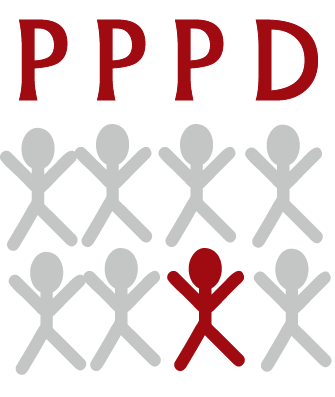Posterpräsentation von Dipl.-Psych. Sarah Herpertz, Dipl.-Psych. Sophia Nizielski, Prof. Dr. Astrid Schütz und Prof. Dr. Michael Hock auf dem 16th Congress of the European Association of Work and Organizational Psychology in Münster.
Vom 22.bis 25. Mai findet in Münster der 16th Congress of the European Association of Work and Organizational Psychology statt. Dipl.-Psych. Sarah Herpertz, Dipl.-Psych. Sophia Nizielski (TU Chemnitz), Prof. Dr. Astrid Schütz und Prof. Dr. Michael Hock präsentieren in diesem Rahmen das Poster:
Emotional Intelligence in Applicant Selection for Jobs Involving Emotional Labor.
Abstract
Purpose
Although there is a growing amount of literature that demonstrates the importance of emotional intelligence (EI) for jobs involving emotional labor, research on EI as a criterion in applicant selection is relatively scarce. The present study was aimed at investigating the emotional abilities of people applying for high emotional labor jobs and the relation between these emotional abilities and the aptitude to pursue such an occupation.
Design/Methodology
In addition to the standard psychological aptitude test, 344 applicants to a German airline were given the MSCEIT (Steinmayr, Schütz, Hertel, & Schröder-Abé, 2011), a performance-based EI measure. Applicants’ aptitude to be a flight attendant was rated on the basis of their performance in a group exercise, an interview, and a role play.
Results
Results of a latent cluster analysis yielded four EI profiles: 1) above-average EI facet scores, especially in understanding emotions, 2) above-average EI facet scores, especially in perceiving emotions, 3) average EI facet scores, and 4) below-average EI facet scores. Applicants’ total EI scores were positively related to their rated aptitude to be a flight attendant. Applicants with Profile 1 were considered to be particularly well-suited for the job, whereas applicants with Profile 4 were rated most negatively.
Limitations
Most notable is the relatively small variance in the observer ratings concerning applicant performance.
Research/Practical
Implications In the long run, the benefits may become even more evident, possibly with respect to the better psychological health of emotionally intelligent employees.
Originality/Value
The present study provides support for the relevance of applicants’ EI in selection processes.

